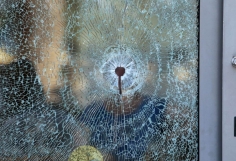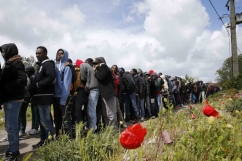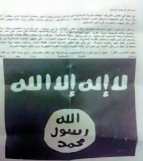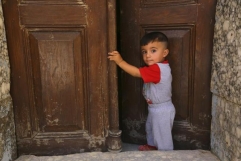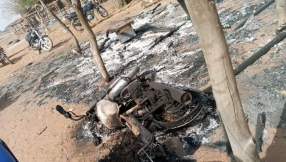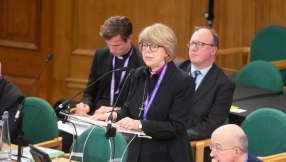The Islamic State has expanded its reach to Russia after it declared a governorate in the country's North Caucasus region last week, opening a new front in the competition between ISIS and al-Qaeda for the top post in the world's jihadist movement.
According to the Institute for the Study of War, ISIS has declared a governorate called Wilayat Qawqaz (Caucasus) on June 23 following a pledge of allegiance to ISIS by some senior militants in the Muslim-dominated area.
"ISIS has been setting conditions to establish this governorate in support of its regional expansion campaign since at least January 2015. ISIS's statements and actions over the next few weeks will indicate whether the organisation intends to launch operations through its new Caucasus affiliate, or whether it simply intends to use the pledge as an opportunity to assert its global vitality and reach," said the Institute.
The announcement pits the group against al-Qaeda affiliate Islamic Emirate of the Caucasus, which has been in operations in southwestern Russia's mountainous region since 2007.
"ISIS's announcement of 'Wilayat Qawqaz' opens a new front in the battle between ISIS and al-Qaeda for the leadership of the global jihadist movement," the Institute wrote.
The announcement of the governorate will also allow Russia to boost its counterterrorism actions in the region, but the Institute sees that this may only increase the public's discontent and raise militancy.
"The Russian government will likely use the announcement of Wilayat Qawqaz as a justification to vigorously stamp out separatist sentiment in southern Russia. This may counterproductively fuel popular discontent and militant recruitment within the region."
This may also serve as an opportunity for Russia to boost its involvement in Syria and Iraq, but not without complications.
"Russia also may use the development as a pretext to increase its involvement in Syria and Iraq, where it has recently equipped the Iraqi Security Forces with new supplies of Russian anti-tank rockets. This foreign intensification by Russia may complicate relations between the United States and its European partners as they attempt to balance Russian participation in the anti-ISIS effort with resistance to Russian actions in Ukraine."
The Institute warned that the Russian forces may be spread too thin.
"It also may overstretch the Russian government, which is balancing engagement in Ukraine and the Middle East with domestic counterterrorism operations and an economic crisis."










